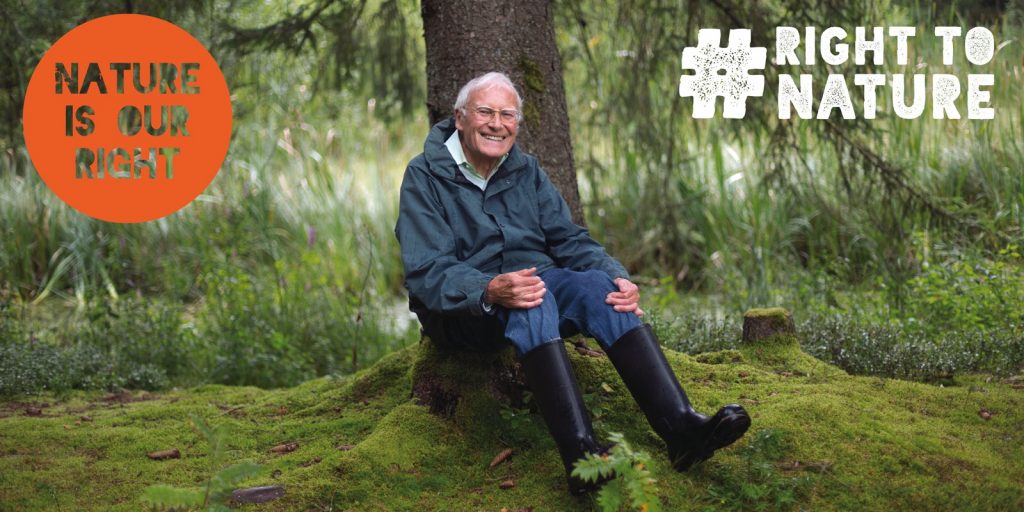Access to nature is vital for health, well-being and social justice
Go for a walk in nature, get some fresh air, feel good. We know that being in nature helps us improve our mood, feel connected, and is unquestionably good for our well-being.
But studies show that regular access to nature gives us tangible health benefits – and can even save lives.
Good for health
Access to nature is linked to lower mortality rates. People living within 300 metres of green spaces have on average better physical and mental health and lower obesity levels, while pregnant women in the same region have lower blood pressure.
Living closer to natural spaces also benefits children’s development – reducing the chances of allergies and some behavioural problems. Babies’ health benefits too: new-borns in areas with abundant green spaces have a higher birth weight and head circumference.
But disadvantaged and minority groups miss out.
Unfortunately, this isn’t the same for everyone. People excluded from society too often don’t feel the benefit: they are much more likely to be deprived of nature and the benefits it brings.
Across Europe, people living in urban areas with high deprivation are less likely to have access to green spaces. In the UK, children in deprived areas are nine times less likely to have access to green space and places to play. Health and wellbeing for some, but not all.
As well as often being deprived of nature close to home, disadvantaged and minority groups tend to be excluded from enjoying the benefits of national parks and protected nature areas elsewhere.
Research in the UK found minority groups made up just 1% of visitors to protected areas, with typical visitors tending to be older, richer, white people.
This means that those in society who tend to be more privileged (and live longer) in the first place receive disproportionate benefits from natural spaces. And those without suffer worse health and well-being – but this is completely avoidable.
What can be done?
There are complex structural barriers to overcome to fix inequalities in those who benefit from visiting protected natural areas. But in the meantime, local authorities should think about bringing nature into the lives of everyone, close to home. The cities of Oslo (Norway) and Victoria-Gasteiz (in Basque-Country Spain) have committed to all of their citizens having access to nature within 300 metres.
Greening poorer areas saves lives. Men in deprived urban areas had a 16% lower risk of dying when they had high amounts of green space nearby, reported a study from Scotland.
A right, not a privilege
What this points to is a need to recognise that nature is no luxury. Access to bees and birds is not a nice-to-have bonus for those who can afford it. Having nature in all our lives is a basic necessity. We must recognise that destroying nature isn’t just bad for trees and animals, it deprives humans of an essential need.
The responsibility is on all of us. Governments and the EU must ensure better nature protection and implementation of nature laws, for example through the Natura 2000 network of protected areas. They alongside local authorities must invest in creating green spaces and infrastructure teaming with wildlife. Planning and building codes should ensure minimum standards for nature proximity. Health policies and practitioners should consider nature-based solutions for preventive health.
Nature is a right for everyone. And we have to stand up for it.
NEW VIDEO: We need to fix the inequalities in access to #nature. Everyone has a #RightToNaturehttps://t.co/0DWsqtpsdS#NatureAlert pic.twitter.com/MkmJh8YKlK
— Friends of the Earth (@foeeurope) March 23, 2017







